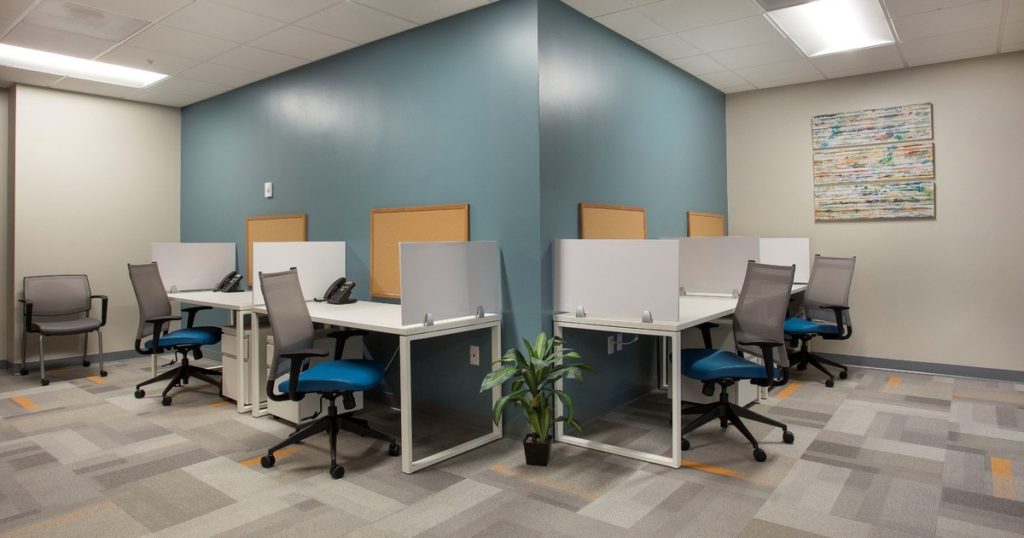
How Coworking Impacts Your Taxes in Ann Arbor
Can I deduct my coworking membership from my taxes?
In a word, yes! But there’s more to it than tallying up your dues and subtracting them from your income.
Freelancers usually use a Schedule C form to list out their annual business expenses. As long as these expenses account for more than two percent of their adjusted gross income, then you’re eligible to write them off as legitimate business expenses. The “Rent” category on Schedule C includes expenses related to a home office or coworking space, and by all means, you should take advantage.
Many freelancers enjoy the simplicity that a coworking space brings to their taxes. When relying solely on a home office, you have to calculate the square footage of the space you use for your workspace, and that workspace must be dedicated to your work (kitchen tables and living room couches don’t count). Once you define your square footage, you can deduct a percentage of your rent or mortgage and utilities from your taxes.
This is a problem for many freelancers who don’t have a dedicated workspace in their home, and calculating an accurate percentage is tricky. But with a coworking space, you can save yourself some hassle because the entire amount of your membership is tax-deductible.
Here’s what you need to know about the tax advantages of using a coworking space for your office.Read more.